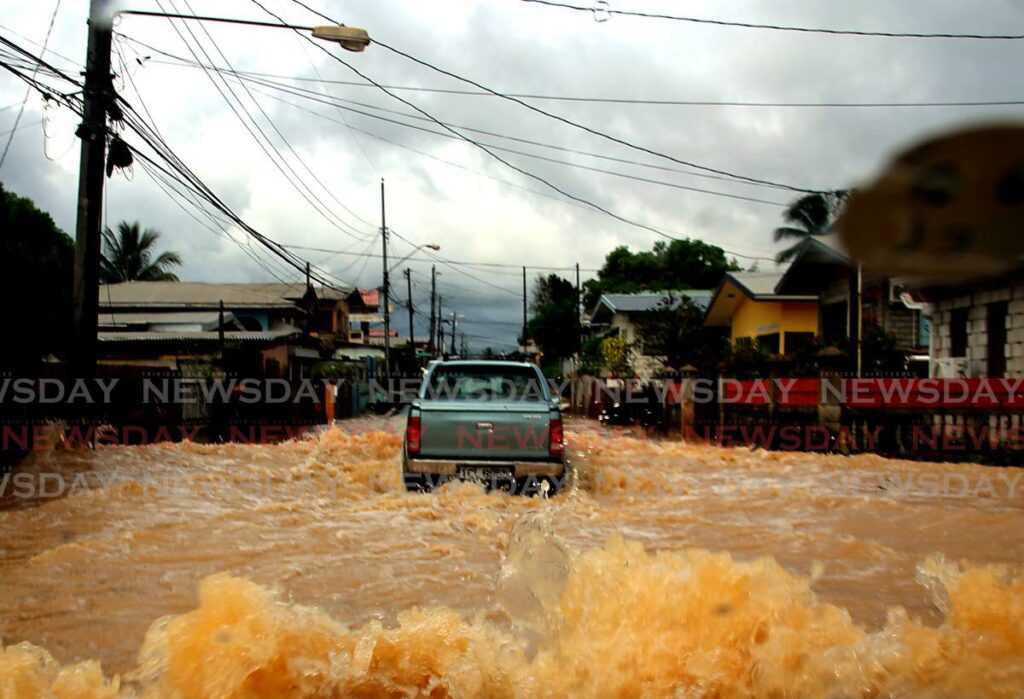Shrinking role of the State

THE EDITOR: TT is a nation which is conspiring against itself. All organs of state, civil society, academia, labour, religion, media, business and the population at large appear intent on living their worst lives.
Once the jewel of the Caribbean, TT has turned away from a life of peace, prosperity and progress towards one dominated by crime, corruption and chaos. Today, nationals look to Barbados and Guyana for political leadership as their homeland has been diagnosed “the sick man of the Caribbean.”
Increasingly, the people of TT are being asked to adapt to failure and look after themselves.
Almost three decades ago, David Garland coined the term “responsibilisation of the public” to describe the strategy used by states to limit their burden of responsibility in protecting citizens against crime. The recurring message was “that the State alone is not responsible for preventing and controlling crime.”
In the face of a retreating state, non-governmental agencies and members of the public are expected to intervene or “chip in” by firstly assessing their risk, then doing what they can to protect themselves.
This is illustrated when citizens, who fund crime-fighting as taxpayers, are still required to invest in anti-theft systems (burglar proofing, electronic gates, surveillance cameras, private security, guard dogs, GPS tracking, etc), or, if they are well-connected, obtain a firearm licence.
Crime is but one area in which citizens are being responsibilised. However, there are many other areas, including:
* In the early days of flooding events, citizens and Mother Nature itself were responsibilised. Recall the images of discarded fridges in rivers, the accusations that people were “building in lagoons,” and the narrative of global warming. These excuses would still be acceptable today were it not for citizen reporters and the frequency and scale of flooding across both islands.
* Bad weather has been redesignated “catastrophic events.” Citizens are constantly traumatised by weather reports and are asked to “prepare for the worst.” At the same time, the causes and solutions of flooding have eluded decision-makers.
* Parents were recently told not to send their children to school because of flooding – better to keep them home than in a school where the State may be liable.
* Driving has never been more expensive after the rash of fines and penalties and near-removal of the fuel subsidy, yet it is more perilous in terms of the road conditions.
* Citizens can apply for materials from the Government to pave roads in their communities in the ultimate “self-help” programme.
* Corporate TT is now tasked with the responsibility to provide schoolchildren with laptops.
* The care of the most vulnerable (the elderly, homeless and orphans) and the administration of quality healthcare and primary and secondary education remain in the hands of NGOs.
This list is not exhaustive, but it could be.
Some may argue that this is all part of “sharing the burden,” and the term “responsibilisation of the public” is really a strategy known by another name, “We are all in this together!”
With the benefit of hindsight, we can now see that this slogan really meant a shrinking role for the State and an expanding role for non-governmental agencies and the public.
A AJIM
via e-mail

Comments
"Shrinking role of the State"